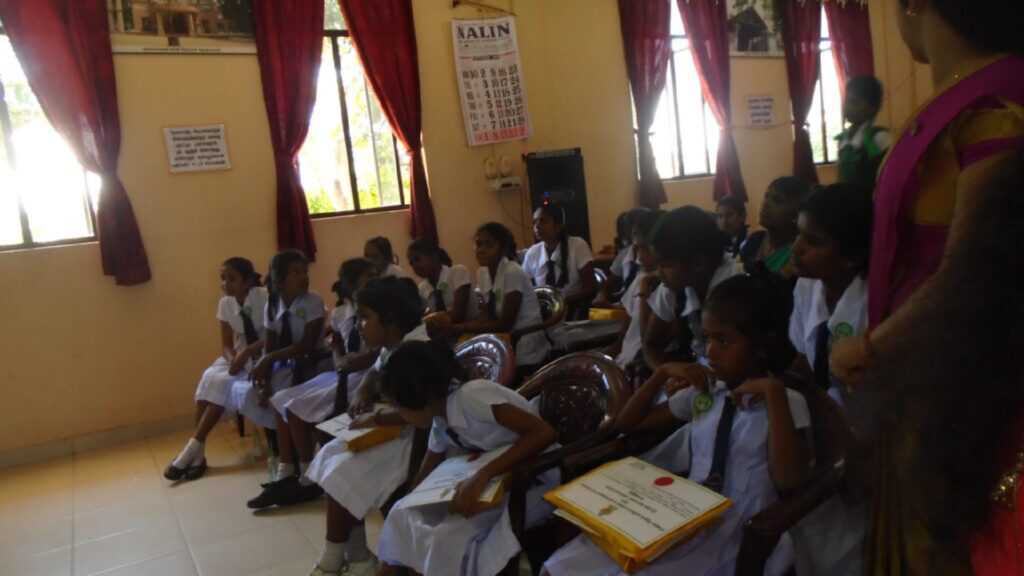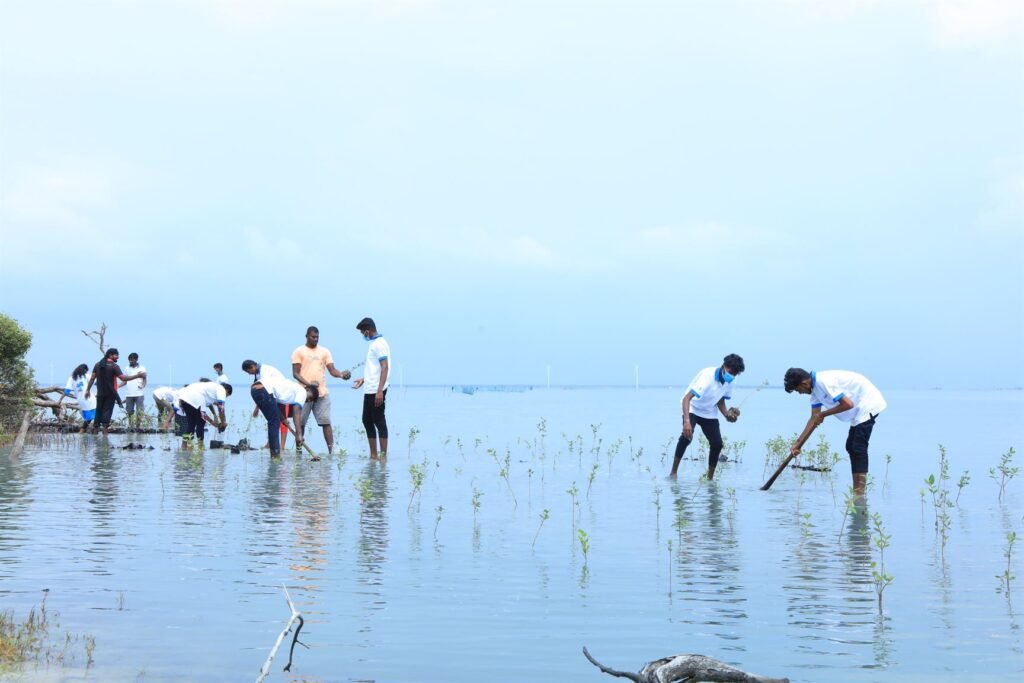
Introduction
HDO Sri Lanka, a prominent humanitarian development organization, takes a community-centered approach to development, fostering participation and empowerment among local communities. By involving communities in decision-making processes and addressing their unique needs and aspirations, HDO Sri Lanka creates an environment where sustainable development flourishes.
Participatory Planning and Needs Assessment
HDO Sri Lanka begins its projects by engaging with local communities to understand their needs, challenges, and aspirations. Through participatory planning and needs assessment, the organization ensures community members actively contribute to decision-making. This approach promotes ownership and sustainability, as projects are tailored to the community’s priorities and resources.
Capacity Building and Skill Development
To empower communities, HDO Sri Lanka strongly emphasizes capacity building and skill development. The organization provides training programs, workshops, and mentoring opportunities to enhance the knowledge and skills of community members. By equipping individuals with the tools they need to lead and contribute effectively, HDO Sri Lanka promotes self-reliance and long-term development.
Inclusive Decision-Making and Governance
HDO Sri Lanka advocates for inclusive decision-making and governance structures within communities. Through training sessions and workshops, community members are empowered to participate in local decision-making processes actively. HDO Sri Lanka facilitates the establishment of community-based organizations and promotes the engagement of women, youth, and marginalized groups, ensuring their voices are heard and valued.
Strengthening Social Cohesion and Collaboration
HDO Sri Lanka recognizes the importance of social cohesion and collaboration within communities. The organization promotes dialogue, cooperation, and collective action among community members, fostering a sense of unity and shared responsibility. By encouraging collaboration between community members, local authorities, and other stakeholders, HDO Sri Lanka builds strong partnerships that drive sustainable development.
Monitoring, Evaluation, and Learning
HDO Sri Lanka adopts a continuous monitoring, evaluation, and learning process to ensure the effectiveness and impact of its projects. The organization actively involves communities in this process, seeking their feedback and insights. By embracing a culture of learning and adaptation, HDO Sri Lanka improves its interventions, addresses challenges, and maximizes positive outcomes for communities.
Conclusion
HDO Sri Lanka’s community-centered approach to development is a testament to its commitment to empowering communities and fostering sustainable change. By prioritizing participatory planning, capacity building, inclusive decision-making, social cohesion, and continuous learning, HDO Sri Lanka creates an environment where communities take ownership of their development, leading to transformative and lasting impact.
